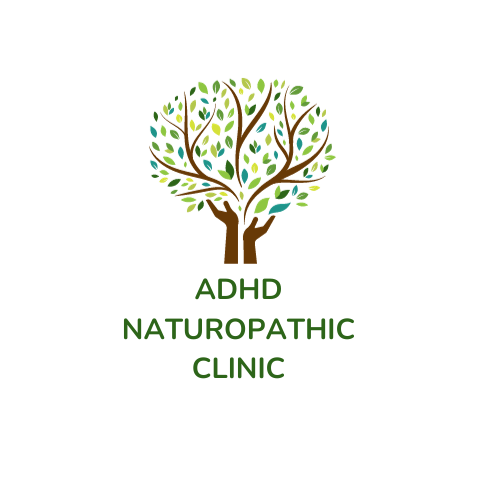Oxalates are naturally occurring compounds found in a variety of foods, and they have garnered attention in the world of health and nutrition. But what are oxalates, and how can they affect your well-being? In this blog post, we'll delve into the world of oxalates, exploring their role in our diets and the signs and symptoms that may indicate sensitivity or issues related to their consumption.
1. Understanding Oxalates
Oxalates, or oxalic acid, are organic compounds present in many plant-based foods. They are part of the plant's natural defense mechanism, helping to deter herbivores from consuming them. Some of the primary sources of oxalates include spinach, rhubarb, beets, and almonds. While these foods are rich in essential nutrients, they can also contain high levels of oxalates.
2. Signs and Symptoms of Oxalate Sensitivity
For some individuals, oxalates can lead to a range of signs and symptoms that may indicate sensitivity or intolerance. These can include:
-
Kidney Stones: One of the most well-known effects of oxalates is their potential contribution to kidney stone formation. Symptoms may include severe back or side pain, blood in urine, and frequent urination.
-
Digestive Discomfort: Some people may experience gastrointestinal discomfort when consuming foods high in oxalates. Symptoms can range from abdominal pain, bloating, and gas to diarrhea.
-
Joint Pain: Oxalates can also accumulate in joints and soft tissues, potentially causing joint pain and inflammation. This can be mistaken for arthritis in some cases.
-
Vulvodynia and Pelvic Pain: In women, oxalate sensitivity has been linked to conditions like vulvodynia, characterized by chronic vulvar pain, and pelvic pain.
-
Other Symptoms: Oxalate sensitivity can also manifest as muscle pain, fatigue, and issues related to calcium absorption, affecting bone health.
3. Managing Oxalate Sensitivity
If you suspect that you have a sensitivity to oxalates, it's crucial to consult with a healthcare professional or a registered dietitian. They can help you identify the specific foods that may be triggering your symptoms and develop a dietary plan to manage oxalate intake effectively.
4. Conclusion
In conclusion, oxalates are natural compounds found in many plant-based foods, and they can have varying effects on individuals. Understanding the signs and symptoms associated with oxalate sensitivity is essential for making informed dietary choices. If you experience any of the symptoms mentioned, seeking professional guidance is advisable to determine the best approach to managing oxalate intake and maintaining your overall health and well-being.
Herbal Naturopathic/Nutritional Appointments - in Person and On line
Embark on your holistic healing journey by scheduling an appointment with us at ADHD Naturopathic Clinic. As an Herbal Naturopath specializing in ADHD, genetic mutations, and various health issues, we offer personalized, comprehensive consultations tailored to your unique needs. Our approach integrates traditional knowledge with modern understanding, emphasizing the interconnectedness of mind, body, and spirit. Whether you're seeking support for ADHD, exploring genetic mutations, or addressing chronic conditions, we're committed to guiding you towards optimal well-being. Together, let's unravel the intricacies of your health, incorporating herbal remedies, lifestyle adjustments, and evidence-based practices. Take the first step towards a balanced and vibrant life—book your appointment today and embark on a transformative journey towards holistic healing.
Information on the web page is for educational purposes only.

